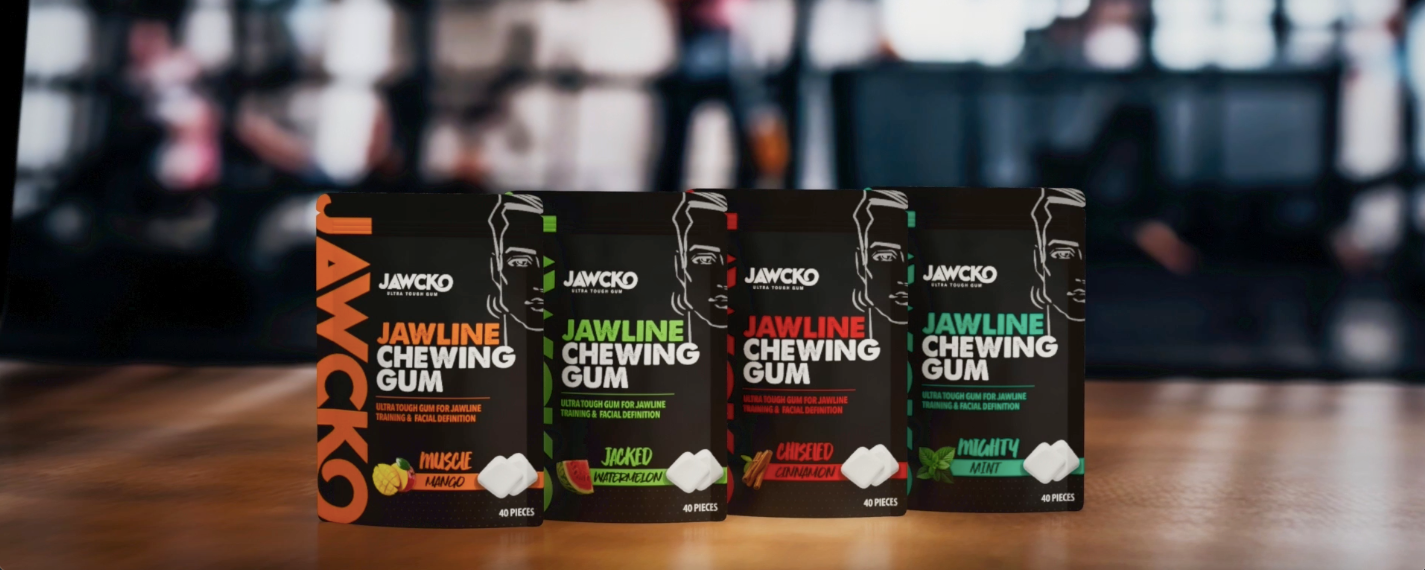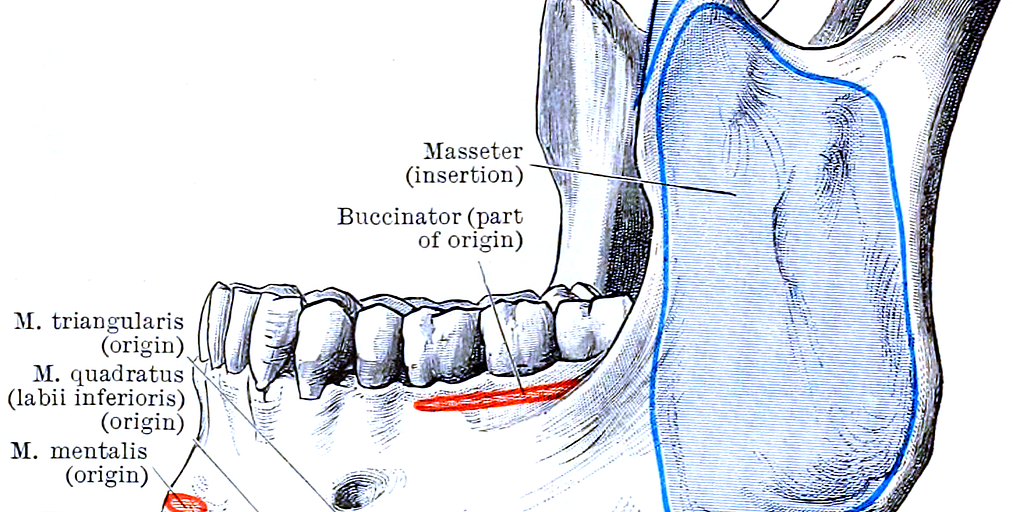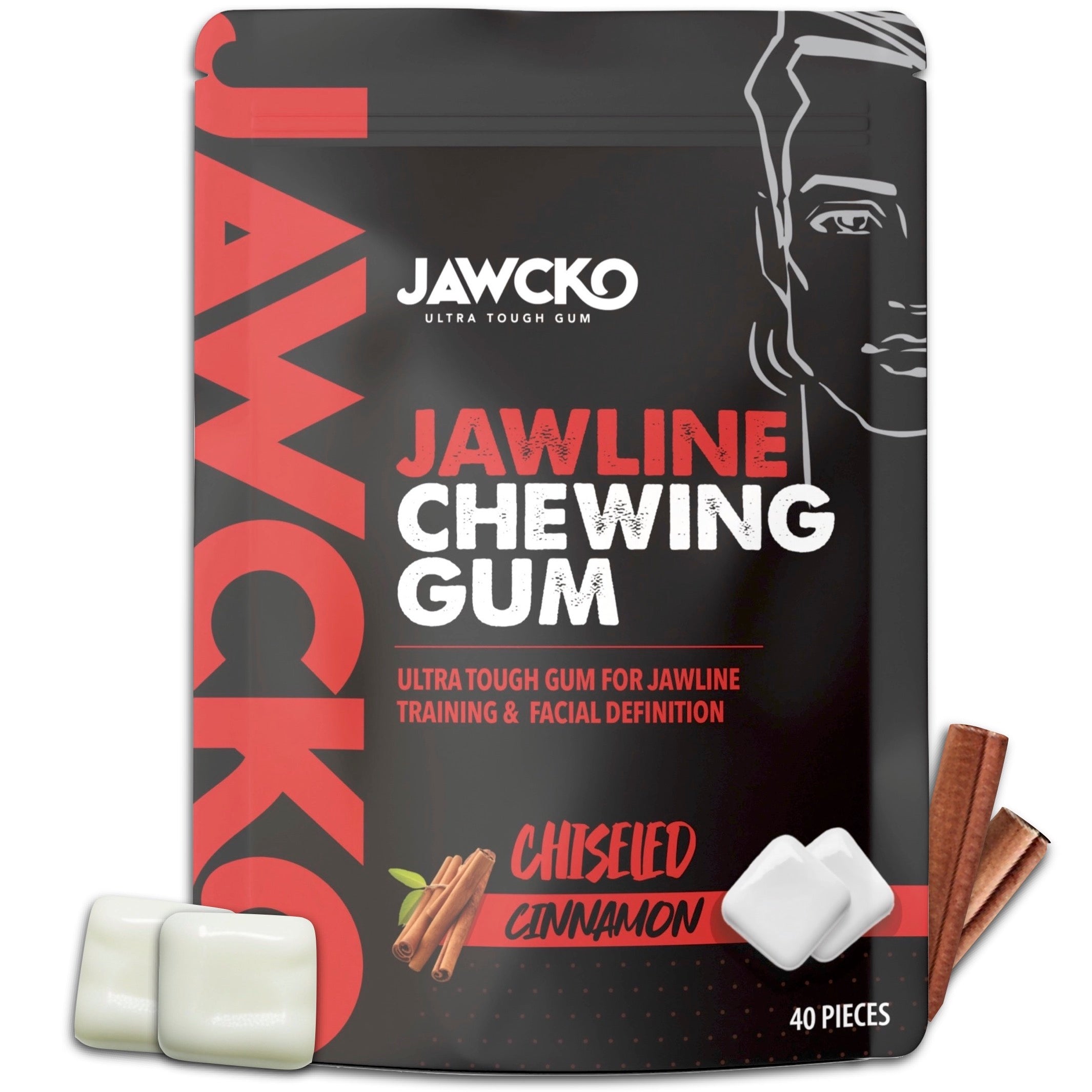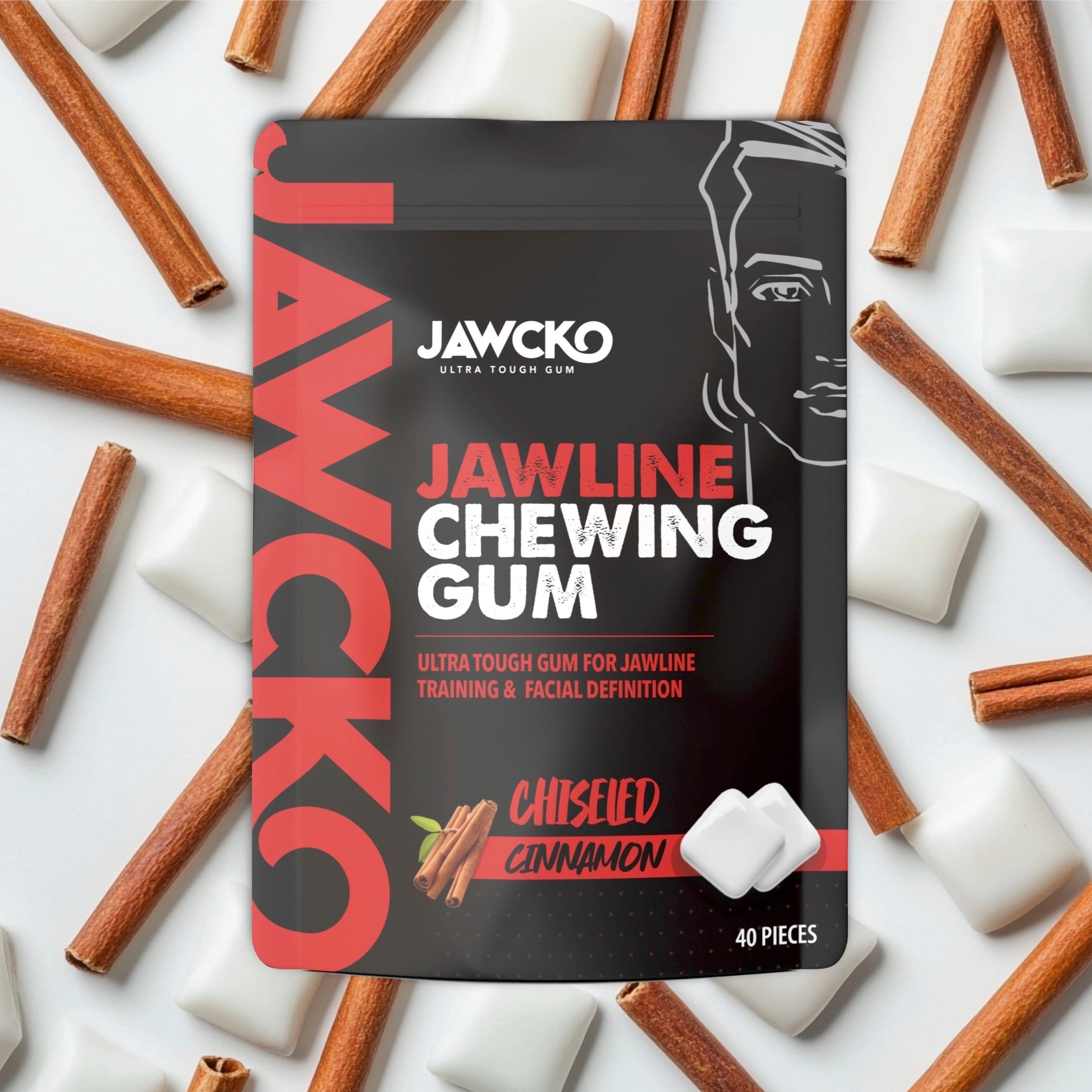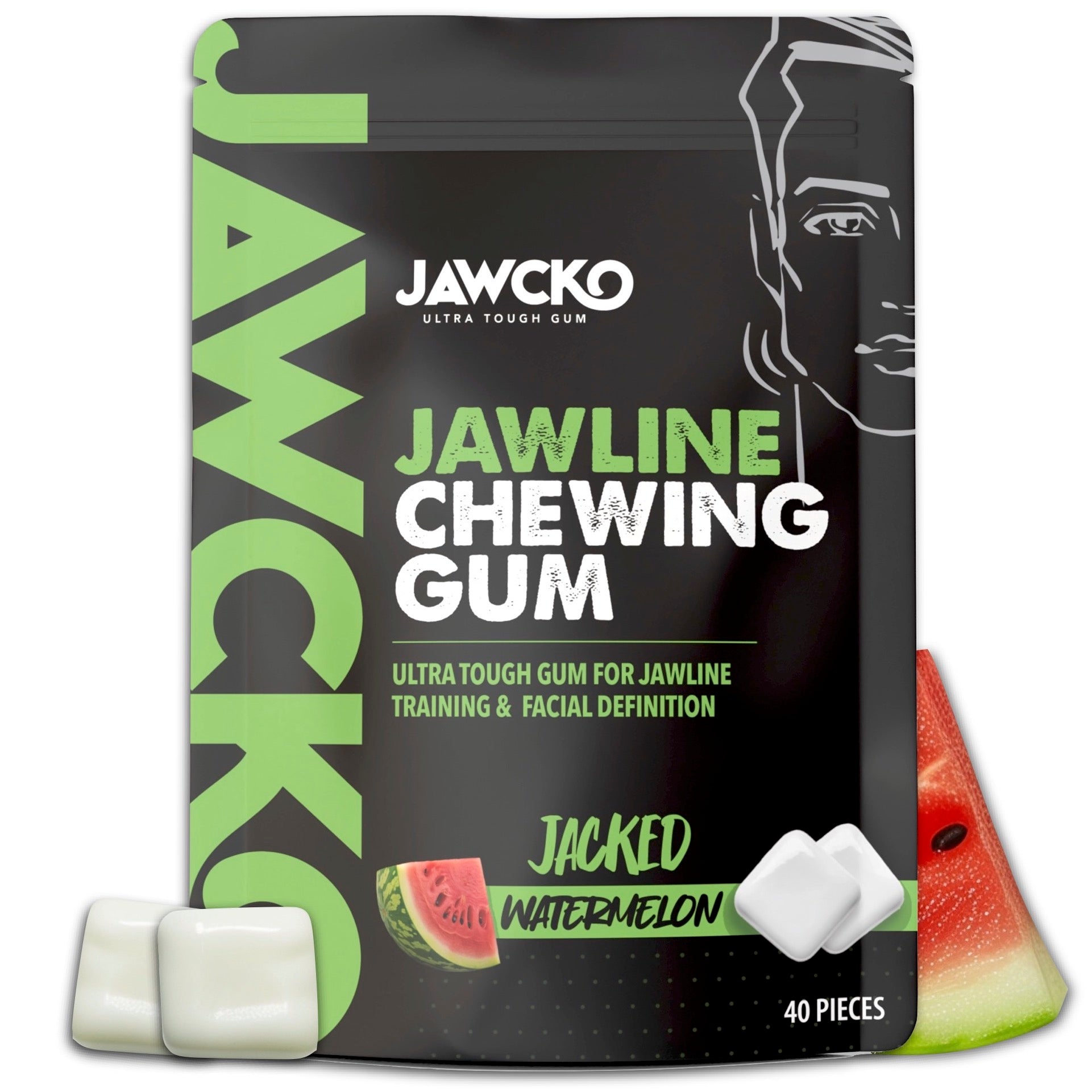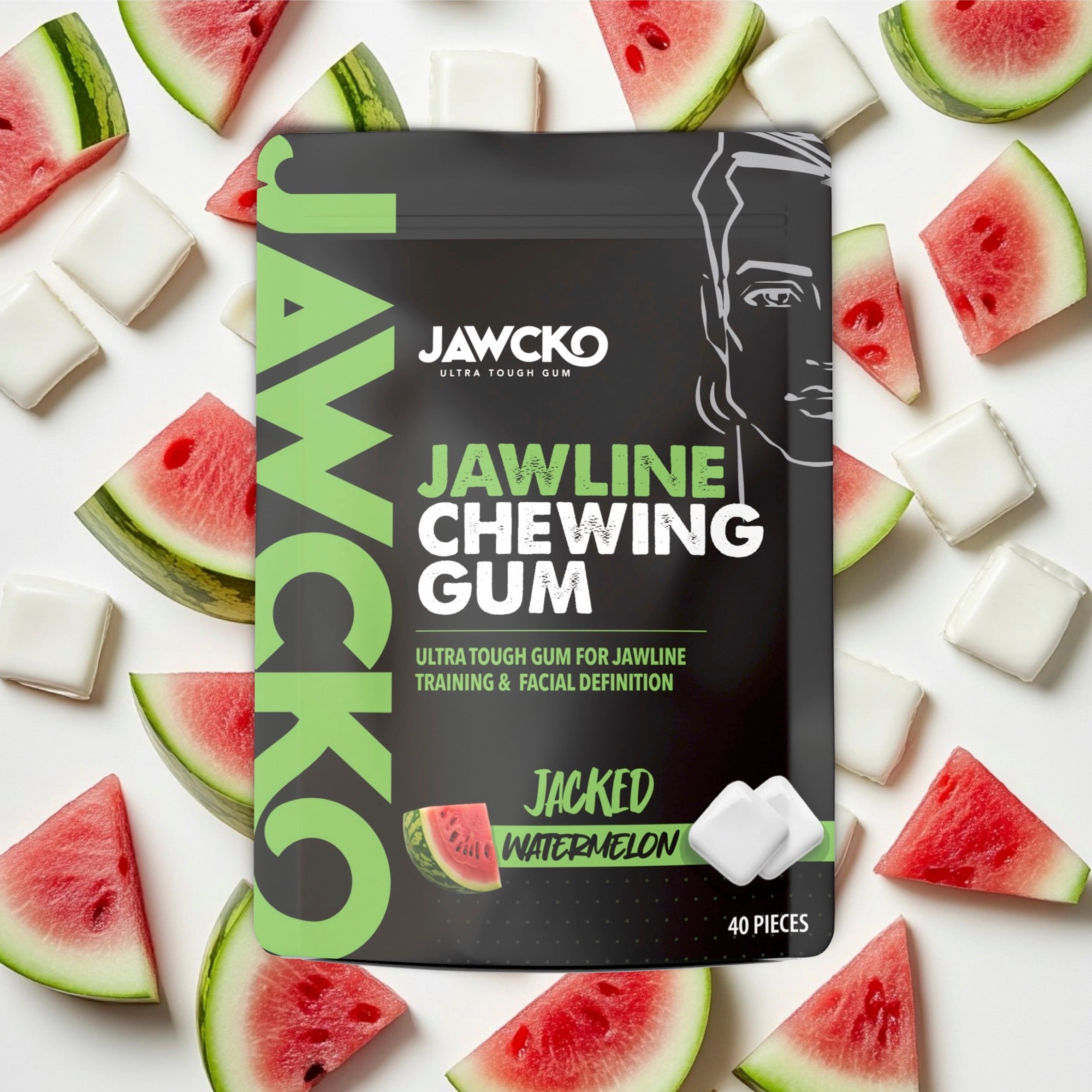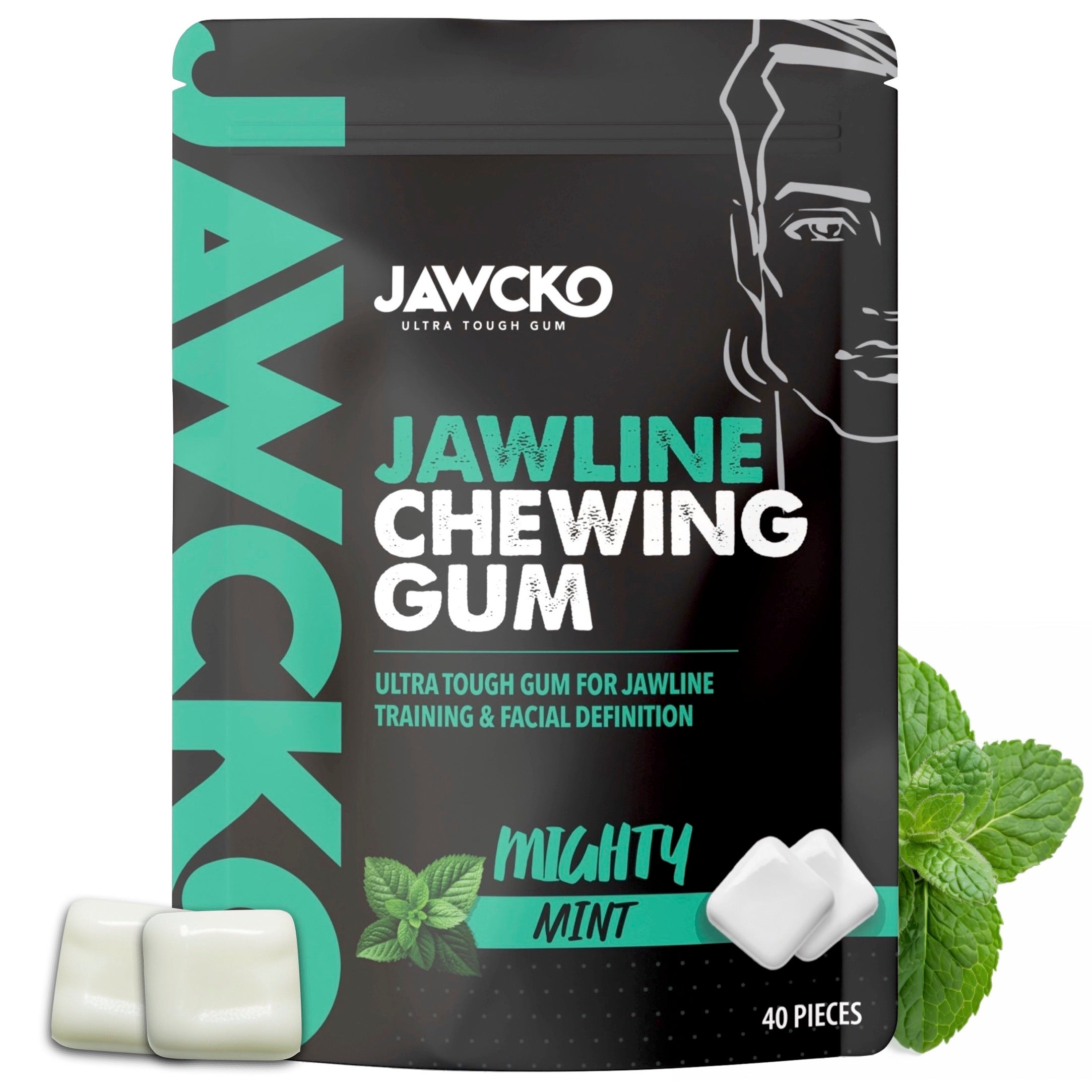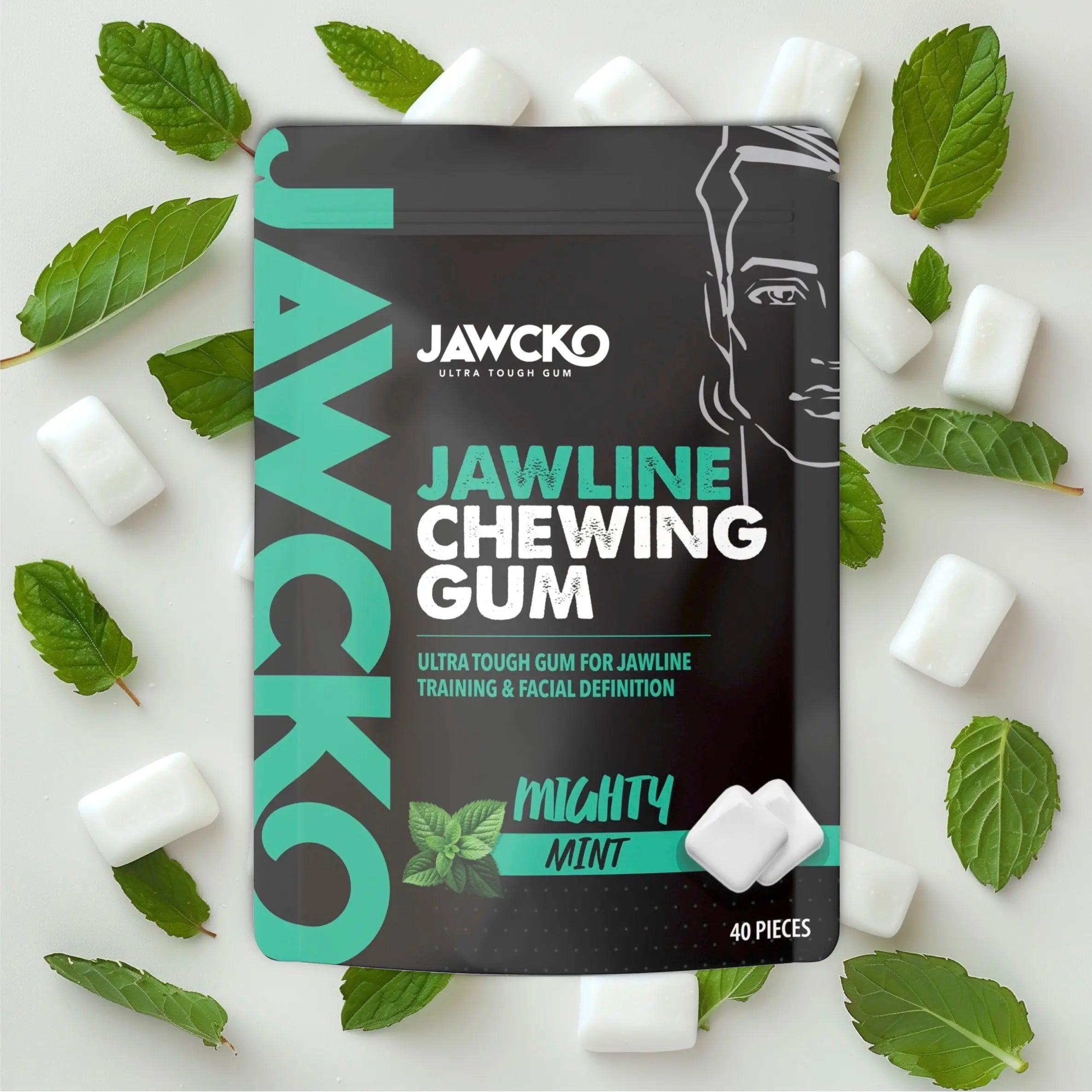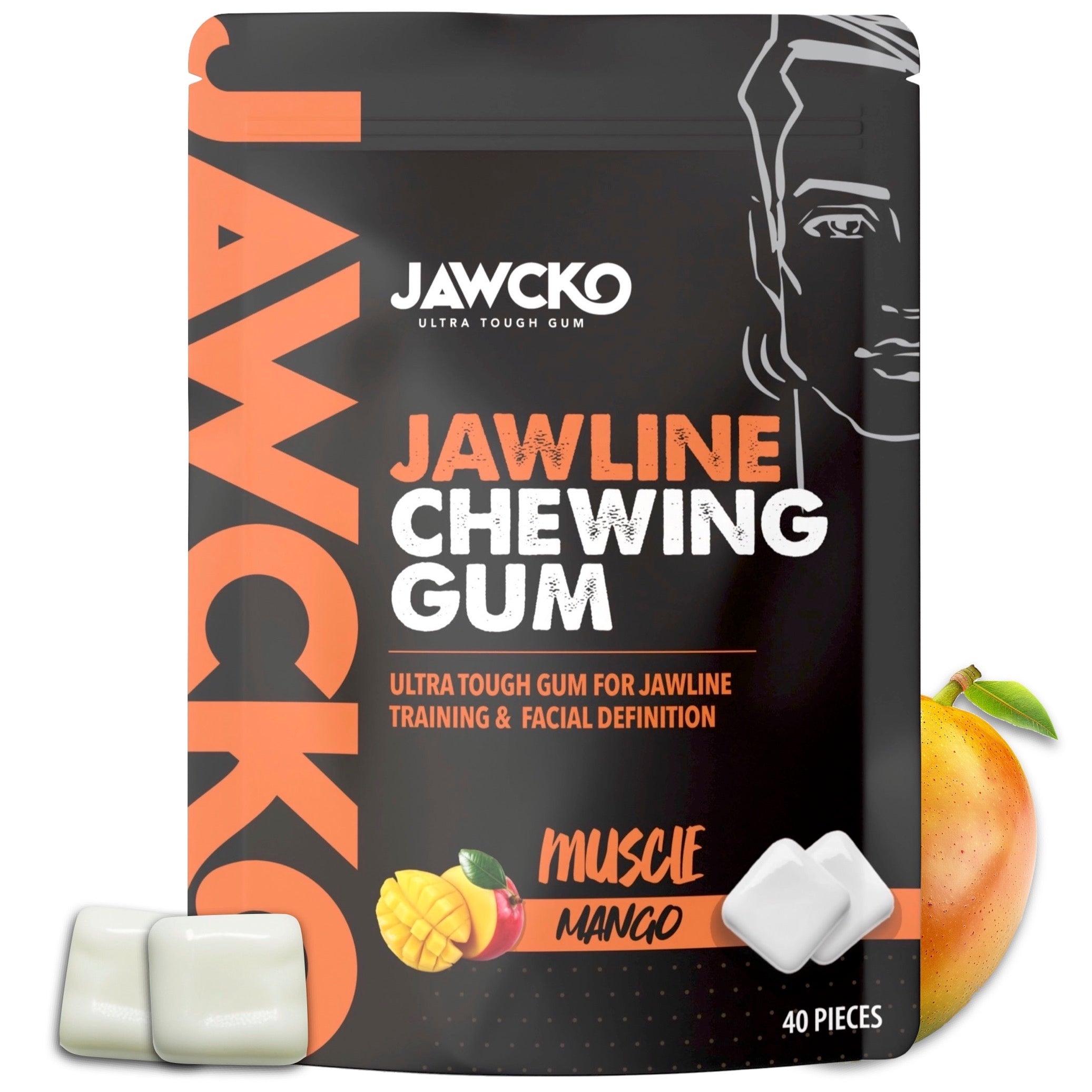
It’s a well-known fact that physical activity boosts metabolism. However, what if we told you that you don’t need to run marathons or lift heavy weights to get that metabolic furnace roaring? That’s right, folks—your everyday fidgeting could be your ticket to calorie-burning greatness. Before you ready up your jazz hands and that foot that won’t stop grooving even after the beat is gone. There’s something much more convenient and less cringy than using your limbs to boost your metabolism and burn calories that no one is talking about! Your mouth.
A 2022 study published in Science Advances investigated the metabolic impact of chewing flavorless, odorless gum. The researchers found that chewing this type of gum can increase metabolic rates by 10-15% above basal levels, with the effect varying depending on the gum's stiffness. In the study, 21 participants chewed both softer and stiffer gums while their metabolic rates were measured. The results showed that the stiffer gum led to a 15% increase in metabolic rate, while the softer gum caused a 10% increase (Smithsonian Magazine) (Phys.org).

These findings suggest that the act of chewing itself requires energy and can significantly boost metabolism, particularly with stiffer gum that requires more effort to chew. This research provides insight into the role of mastication in energy expenditure and its potential implications for human evolution and dietary habits. Here are some bonus benefits of chewing hard gum based on science that we know you’ll love
Energy Expenditure: A study published in the journal Appetite found that chewing gum can increase energy expenditure. The researchers measured the energy expenditure of participants who chewed gum and found that it was higher compared to when they did not chew gum. They estimated that chewing gum can increase energy expenditure by about 11 calories per hour .
Thermogenesis: Another study in the New England Journal of Medicine explored the concept of non-exercise activity thermogenesis (NEAT), which includes activities like chewing gum. The study suggested that such activities could contribute to daily energy expenditure and help manage weight .
Appetite Control: Research published in Appetite also highlighted that chewing gum might help reduce appetite and decrease food intake, which could indirectly affect metabolism by reducing overall caloric intake .
Digestion: Chewing gum stimulates saliva production, which can aid in the digestion process. Improved digestion can enhance nutrient absorption and metabolism .
But lets get back to the nitty gritty and explore some key findings in a study on mastication, “The cost of chewing: The energetics and evolutionary significance of mastication in humans”
The study investigates the metabolic cost of chewing, focusing on how different gum stiffness affects energy expenditure and the evolutionary significance of these costs in humans.
Key Findings:
- Metabolic Rate Increase:
- Chewing flavorless, odorless gum increases metabolic rates by 10-15% above basal levels.
- The stiffness of the gum impacts the extent of the increase: stiffer gum results in a 15% increase, while softer gum results in a 10% increase.
- Energy Expenditure:
- The energy used in chewing is paid for by greater muscle recruitment.
- For modern humans, the energy cost of mastication is relatively small in the context of the daily energy budget but is nonetheless significant.
- Evolutionary Implications:
- The findings suggest that the energetic cost of chewing may have played a role in the evolution of human dietary strategies and masticatory adaptations.
- The study highlights how the efficiency of nutrient intake and the need to reduce the energy cost of food processing could have influenced human evolution.
- Methodology:
- The study involved measuring the metabolic rates of 21 participants as they chewed both softer and stiffer gums.
- The researchers used precise measurements to determine the energy expenditure associated with chewing different types of gum.
Implications:
- Understanding the metabolic cost of chewing can help inform nutritional and evolutionary studies.
- The research adds to the body of knowledge regarding how everyday activities, even those as mundane as chewing, can influence overall energy expenditure and health.
Chewing hard gum isn’t just great for your jawline—it can also be a powerful addition to your overall fitness and metabolism journey. The act of chewing engages the masseter muscles, one of the strongest muscle groups in the body, leading to increased energy expenditure over time. Studies suggest that continuous chewing can boost metabolic function by stimulating digestion, increasing calorie burn, and even promoting satiety, which can aid in weight management.
Beyond the physical benefits, chewing tough gum serves as a constant psychological reminder of your commitment to self-improvement. Every chew reinforces discipline and focus, keeping you mindful of your fitness goals and pushing you to stay on track. By incorporating high-resistance gum into your daily routine, you’re not just strengthening your jaw—you’re actively engaging in a habit that complements your overall health, metabolism, and fitness transformation.


